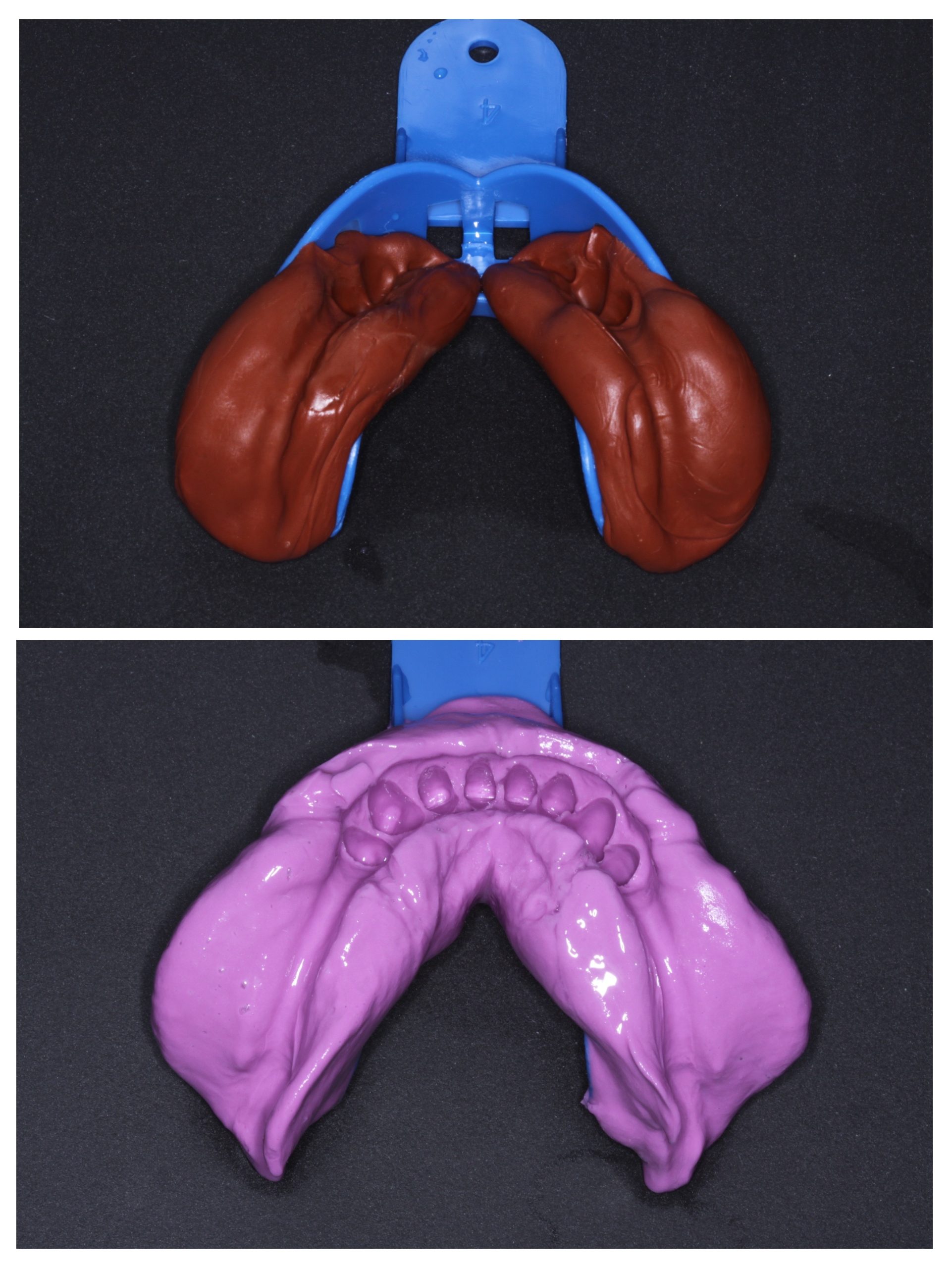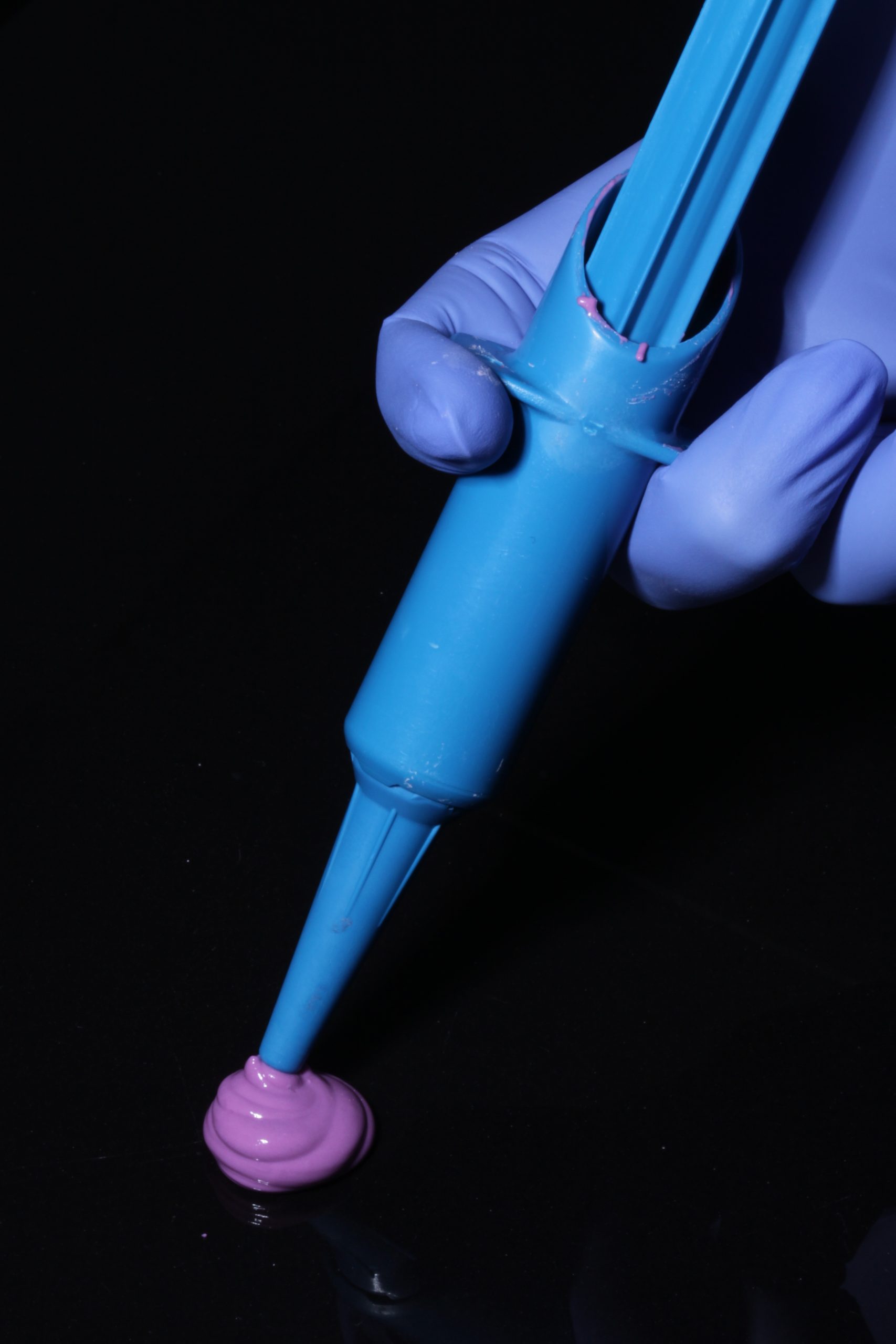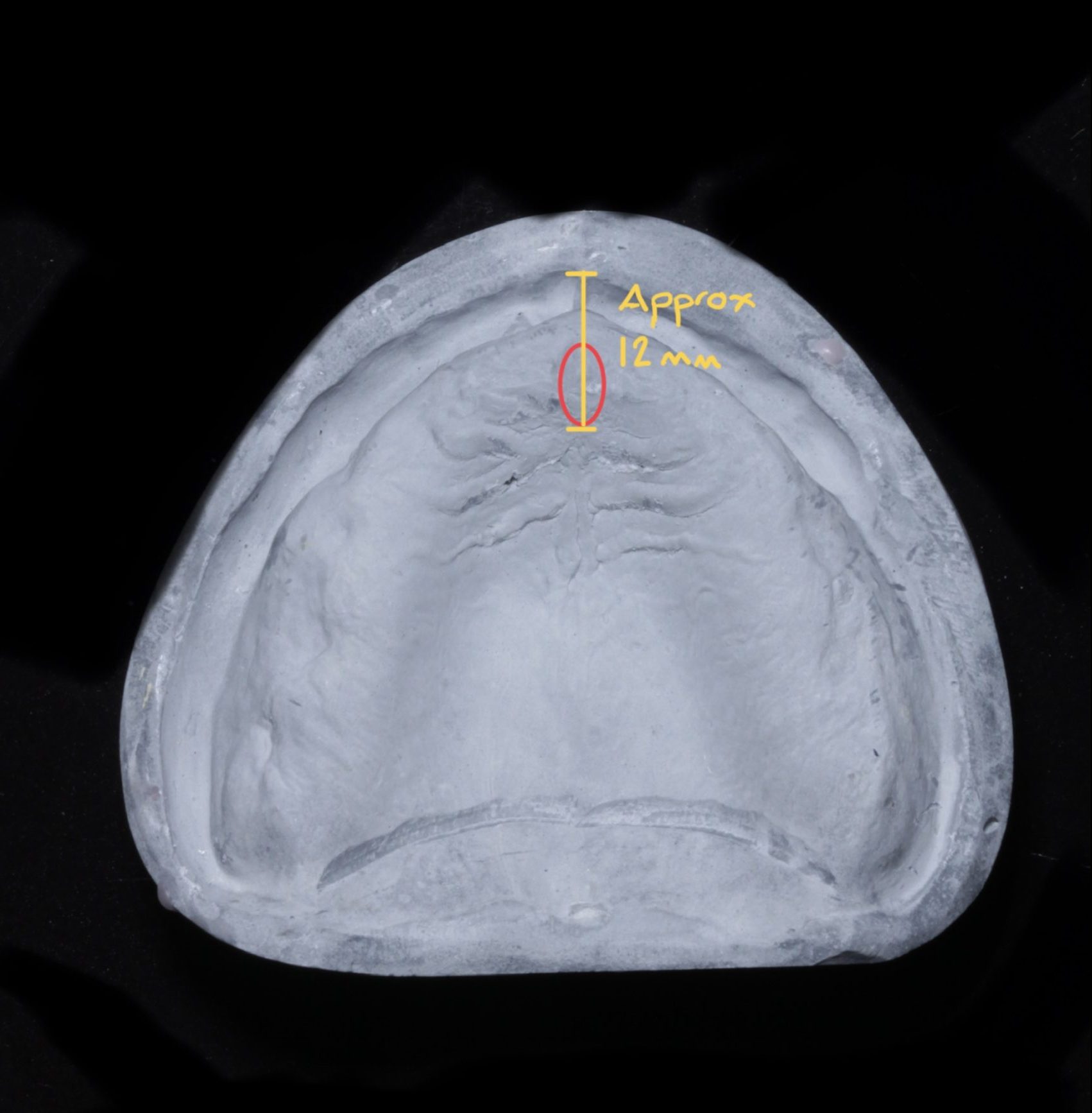
Many people find dentures to be a challenging part of their work. But since they aren’t going away for the foreseeable future, dentist and qualified dental technician, Paul Middleton, gives his advice for improving your denture work.
Dentures, in particular full dentures, seem to be a dark shadowy place where many dentists fear to tread.
I’m led to believe that undergraduates – more than ever – find dentures one of the more challenging aspects of their work.
Couple this with the fact that nearly one fifth of the population wear a removable denture and there could well be trouble brewing.
Implants are, of course, an alternative, but they are not a viable option for everybody. With the cost of living crisis, dental deserts, people having extreme cosmetic dentistry, sometimes at home, sometimes abroad (low-cost financially, very high cost biologically), dentures are not going away for the foreseeable future.
So, if I wanted to help practitioners improve their dentures, what would I say if I had five minutes with them? I would want to be realistic, pragmatic and suggest things that are applicable to what is probably a very busy general practitioner.
1. Talk to the patient
You might not be able to spend hours doing this, but even if it’s just briefly, talk and listen to them.
Manage their expectations, particularly if they’re a new denture wearer. Listen to the patient’s concerns and try your best to address them, while at the same time being realistic and honest about the limitations of dentures.
What did they like/dislike about previous dentures if they wore them? I tell my patients that their dentures are beautifully crafted, skilfully made, lumps of plastic. They are alien objects and if you’re new to wearing them, you’re going to have to adapt.
2. Learn how to make a good copy denture
If a patient has been wearing a denture for a long time and they have previously been happy with them, don’t be tempted to stray too far. Your patient might not thank you.
 Figure 1
Figure 1
It may be that the existing denture is past its sell-by date but you will be able to take enough cues from them to make yours and your patients lives that little bit easier.
Yes, you may have to improve the fit and change the occlusal vertical dimension (OVD), but you’re not starting with a ‘blank canvas’ which is a huge help if that’s something you’re not comfortable with (Figure 1).
3. Learn how to take excellent, overextended primary impressions
There is an increasing amount of information online to help you with this. Learn how to modify stock trays, how to use impression compound and green stick.

These are old-fashioned materials but they still work beautifully (Figure 2).
Practice with your nurse to ensure they can mix alginate for you consistently well, it won’t take long! Invest a few pounds in an alginate syringe. This will improve your impressions almost immediately (Figure 3).

4. Learn about border moulding special trays when taking secondary impressions for your full dentures
Trust me, the difference this could make to the retention of these dentures is huge.
About 80% of the suction in a full upper denture comes from the posterior border and the areas buccal to the tuberosities. If you get these wrong, your patient will probably be back and complaining. (Figure 4)
 Figure 4
Figure 4
5. Invest in and learn how to use an Alma gauge, a Foxes plane and a Willis bite gauge
These are inexpensive, they are not difficult to get to grips with and they help massively with occlusal records. (Figure 5)

6. There are landmarks within the oral anatomy that can help us.
An example of this is the fact that, for the great majority of us, the labial surface of our upper central incisors is around 12mm in front of the posterior border of the incisive papilla.
If you know what to look for, it can take away some of the guesswork (Figure 6).

7. Talk to your technician.
Please talk to your technician. Ask for their help & advice. If they’re a good tech, they will want to help you to help them. They don’t want the remakes and retries any more than you do.
If this is an area of your work you would like to improve, go online – in particular social media – or find a postgraduate course that suits you.
Removable prosthodontics can be incredibly rewarding… Honestly! However, if it’s not an area that interests you, then that’s absolutely fine. But you should still refer to a colleague who does have an interest and experience in removable prosthetics. This alone will save you a lot of time and stress.
You don’t have to like and do everything! Removable pros is often referred to as a dying art. It would nice if we could start reversing that trend, don’t you think?
For information about courses and regular pictures and videos of techniques, check out Pauls instagram: @paul.midd.dentures
Follow Dentistry.co.uk on Instagram to keep up with all the latest dental news and trends.


